
Trauma and Recovery
The Aftermath of Violence - from Domestic Abuse to Political Terror
First Edition: 1992 more...
Published by Basic Books, a subsidiary of Perseus Books LLC
ISBN: 9780465087303
Pages: 290
Read or listen offline
Recommendation
Traumatic experiences can permanently scar or change you. In this groundbreaking work, Judith Herman meticulously explores the impact of trauma on the human psyche, whether the trauma originates from a natural disaster, political terror, captivity or combat. Writing from a feminist political perspective, Herman also investigates traumas that result from domestic abuse, incest and rape, areas largely unexplored before the 1970s. She describes the symptoms of those who have experienced trauma, explains why they occur, puts forth a program for healing and sets it within a social matrix. This often-quoted book on posttraumatic stress disorder (PTSD) changed the way those in the psychiatric fields diagnosed trauma. It also created a new model for treatment. As such, it is required reading for advanced psychology students, therapists, social workers and counselors, particularly those dealing with patients suffering from PTSD. While it is not for the casual reader, getAbstract recommends Herman’s complex, carefully constructed analysis to people who have PTSD or know someone who does.
Take-Aways
About the Author
Judith Lewis Herman, M.D., is a professor of clinical psychiatry at Harvard University Medical School and director of training at the Victims of Violence Program in Cambridge, Massachusetts. She is also the author of Father-Daughter Incest (1981).









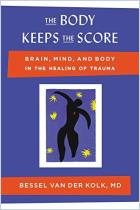
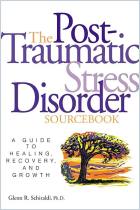
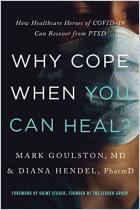
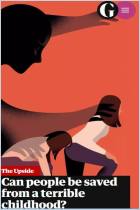
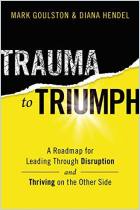
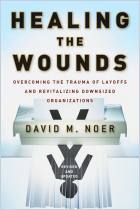

Comment on this summary or Start Discussion